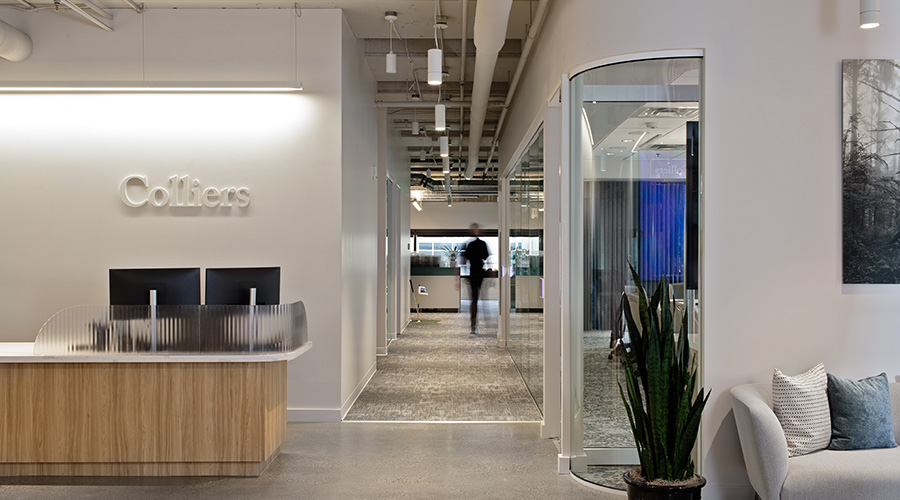
Gen Z is Sick of Being Called Lazy
The youngest generation is tired of their coworkers slapping negative labels onto them. June 9, 2025
By Mackenna Moralez, Associate Editor
Gen Z has been called many things – and most of them are derogatory. For years, the youngest people in the workforce have been slapped with labels of “lazy” and “unprofessional.” With the oldest of the generation quickly approaching their 30’s, these negative stereotypes have only hurt those that want to move forward in their careers.
It’s not unusual that Gen Z is being put down by older peers. Each generation has been called lazy by the ones before them, blaming the evolution of smartphones, not wanting to get their hands dirty and even – for some reason – avocado toast. But the youngest generation is getting hit the hardest with the negative labels. Many facility executives are now hesitant to hire Gen Z employees, saying that that they lack work ethic and are unprepared for the workforce.
It’s not even so much that they are unprofessional, rather that they just had a harder time getting started in their careers compared to previous generations. Many Gen Z employees first entered the work force in the late 2010s into the first few months of 2020. When the COVID-19 pandemic first began in March of 2020, many companies took the “last ones in, first ones out” approach when it came to layoffs, leaving thousands of young employees without a job before they even had a chance to really get started. The pandemic disrupted the workforce for years, and it still hasn’t adjusted to pre-2020 times. According to CNN, 2025 is the worst year to enter the job market in the last 40 years, and these negative stereotypes aren’t doing anything to help their cause.
According to KTRH, four in five Gen Z workers believe these opinions have negatively impacted their experience at work. Meanwhile, nearly half said that the stereotypes have stunted any opportunity for career growth.
Gen Z works differently compared to their counterparts. With much of Gen Z kicking off their careers in the midst of the pandemic, many young employees have not had side-by-side learning opportunities that new employees had traditionally received in new working environments. Many have taken to working from home and are able to adapt and use new technology with little training. While seen as unprofessional in the past, the youngest generation is also more likely to have transparent conversations about their bosses with their career trajectory, often seeking that their bosses be coaches or mentors rather just their manager.
This approach has been a turn off to some, calling Gen Z overzealous with their expectations, and demanding that they “wait their turn” simply because that’s what the older generation had to do. But that’s not what Gen Z does. They find easier paths and simpler ways to complete their tasks. They are vocal about mental health needs and wanting to avoid burnout. This generation demands a work-life balance that others have not experienced before. When they advocate for themselves, they end up advocating for all employees to have a better work experience.
And all of this doesn’t mean that they aren’t hardworking. If anything, it’s the opposite. They have proven time and time again that they are willing to put in the work to improve their careers. According to a LinkedIn study, over 40 percent of Gen Z employees said that they would be willing to take a pay cut if it meant they were able to move up in their careers. That shouldn’t be necessary, though. It is up to managers to provide opportunities that allow for growth within the facilities management industry and encourage employees to have this sense of drive.
When it comes down to it, Gen Z is taking over the workforce. Currently, the generation makes up 16.8 percent of the workforce, outpacing baby boomers. The youngest workers are ready and well-prepared to join their counterparts – people just have to accept them on their teams.
Mackenna Moralez is the associate editor of the facilities market and the host of the Facilities in Focus podcast.
Next
Read next on FacilitiesNet












